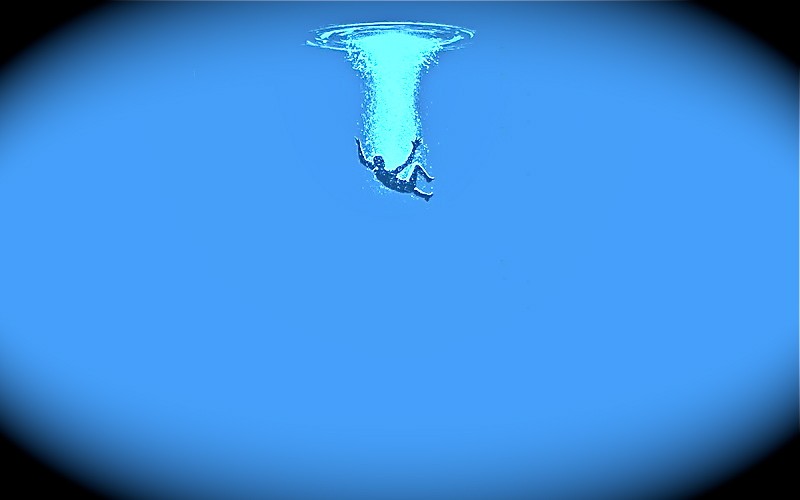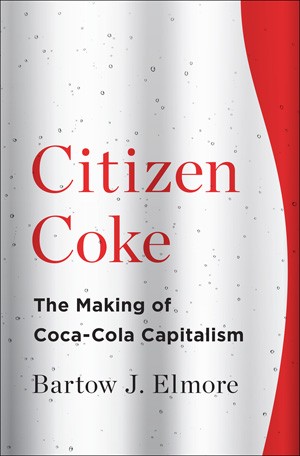A Fresh Look at Water
Post on: 16 Март, 2015 No Comment

Israel’s IDE Technologies is taking its desalination expertise worldwide. With droughts and global warming, someone’s always going to want a drink
No radio or TV news broadcast during the winter months in Israel would be complete without a mention of the water level in the Sea of Galilee. The lake that played such a prominent role in Biblical times today provides about 40% of Israel’s fresh water supply. Annual winter rains are crucial for replenishing the inland lake and ensuring its ability to quench the thirst of Israel’s 7 million inhabitants, but after four straight years of drought, dwindling water resources have forced the Jewish state increasingly to turn to desalination as a long-term solution.
Israel’s dire straits, along with shortages in dozens of other countries, have proven a blessing for IDE Technologies, a 40-year-old private company based in Kadima that is fast becoming a global leader in an industry forecasted to grow at double-digit rates for the foreseeable future.
IDE’s fortunes started changing dramatically three years ago with the opening of the world’s largest desalination plant at Ashkelon, along the country’s southern Mediterranean coast. IDE teamed up with France’s Veolia Water (VE) to build and operate the plant, which produces 100 million cubic meters of fresh water annually at the lowest cost ever achieved for high-volume desalination. The project put us on the map just at a time when dozens of countries began to look for ways to tackle their own water problems, says Avshalom Felber, chief executive officer and president of IDE Technologies.
Focusing Growth Abroad
Further up the coast at Hadera, the company is building a second plant of similar size that will begin production late next year. The two plants will supply about 10% of Israel’s water needs, with the percentage expected to rise sharply in the future. At an emergency meeting on the water crisis on Apr. 13, the government announced the country will need 700 million cu. m. of desalinated water within five years. Desalination is the only way to deal with the crisis, and we must move ahead as quickly as possible, says National Infrastructure Minister Benjamin Ben-Eliezer.
Israel now aims to build five additional plants along its coast to augment the two facilities already operating and one under construction. IDE will no doubt bid on all the local projects. But the company is also focusing its efforts on parlaying its expertise abroad, where growth is expected to be even faster.
Global Water Intelligence, a British-based industry publication, estimates the global desalination market will grow by 12% annually through 2015—and then accelerate. Predictions are for growth of 20% or more in the hottest markets, including China, India, Australia, and the U.S. where water scarcity has become a critical issue. Total investment in new plants over the next seven years could top $56 billion.
Off Limits
There are so many opportunities nowadays that we can literally pick and chose which projects to bid on, says IDE CEO Felber. That was hardly the case just a few years back, when most of the major desalination projects were in the Arab Gulf states, a market that was off limits to the Israeli company.
IDE competes against more than a dozen companies including global giants Veolia, Suez (LYOE.PA), General Electric (GE), and Siemens (SI)—all major players in the water industry, not just desalination. Despite the stiff challenges, the Israeli company has made inroads outside of Israel. Last June, IDE landed a $100 million contract to build China’s biggest desalination plant, which will supply drinking water to the city of Tianjin, 200 kilometers northeast of Beijing.
The Chinese view the project as a demonstration plant, and it will undoubtedly lead to other contracts for us, says Felber. IDE also has won major contracts in the past year in Cyprus, India, and Australia. That has helped drive strong growth: Revenues jumped 60% in 2007, to $116 million, and net profits doubled, to $21 million. The company won’t comment on its growth prospects for 2008, but Israeli newspapers have been filled recently with IDE job ads in search of qualified engineers.

Expertise in Two Processes
According to Ryan Conners, a water sector analyst at Philadelphia investment bank Boenning & Scattergood, one of IDE’s competitive advantages is that it has expertise in both major kinds of desalination technology—thermal and reverse osmosis—which together account for 90% of the market. Most companies focus only on one or the other, Conners says.
In the thermal process, ocean water is boiled in large brine-heaters to produce vapor that condenses as fresh water. Reverse osmosis technology uses permeable membranes to capture and separate salt from seawater. It has gained popularity in recent years because of improved membrane technology and better energy efficiency that has brought down production costs.
Going Public?
IDE claims its patented thermal technology gives it a cost advantage over rivals. Proprietary technology is less of a factor in reverse osmosis since the dozen or so players in the sector all buy membranes from the same makers, which include companies such as Dow Chemical (DOW), Toray Industries, and Hydranautics. The real competition in reverse osmosis facilities comes from the knowhow in integrating and optimizing systems to reduce the price of desalination at any given site.
In anticipation of future growth, IDE has opened offices in the U.S. China, and India. And in November, its joint owners, Israel Chemicals (ICL.TA) and Delek Group (DELKG.TA), announced plans to take IDE public on the London Stock Exchange, though current conditions on financial markets have led to a postponement.
The delay in going public is likely a minor setback. In the age of global warming few would dispute that water scarcity is a problem that’s here to stay. That should provide companies like IDE tremendous growth potential for years to come. As Felber sees it: You can’t stop drinking water, even in a recession.














